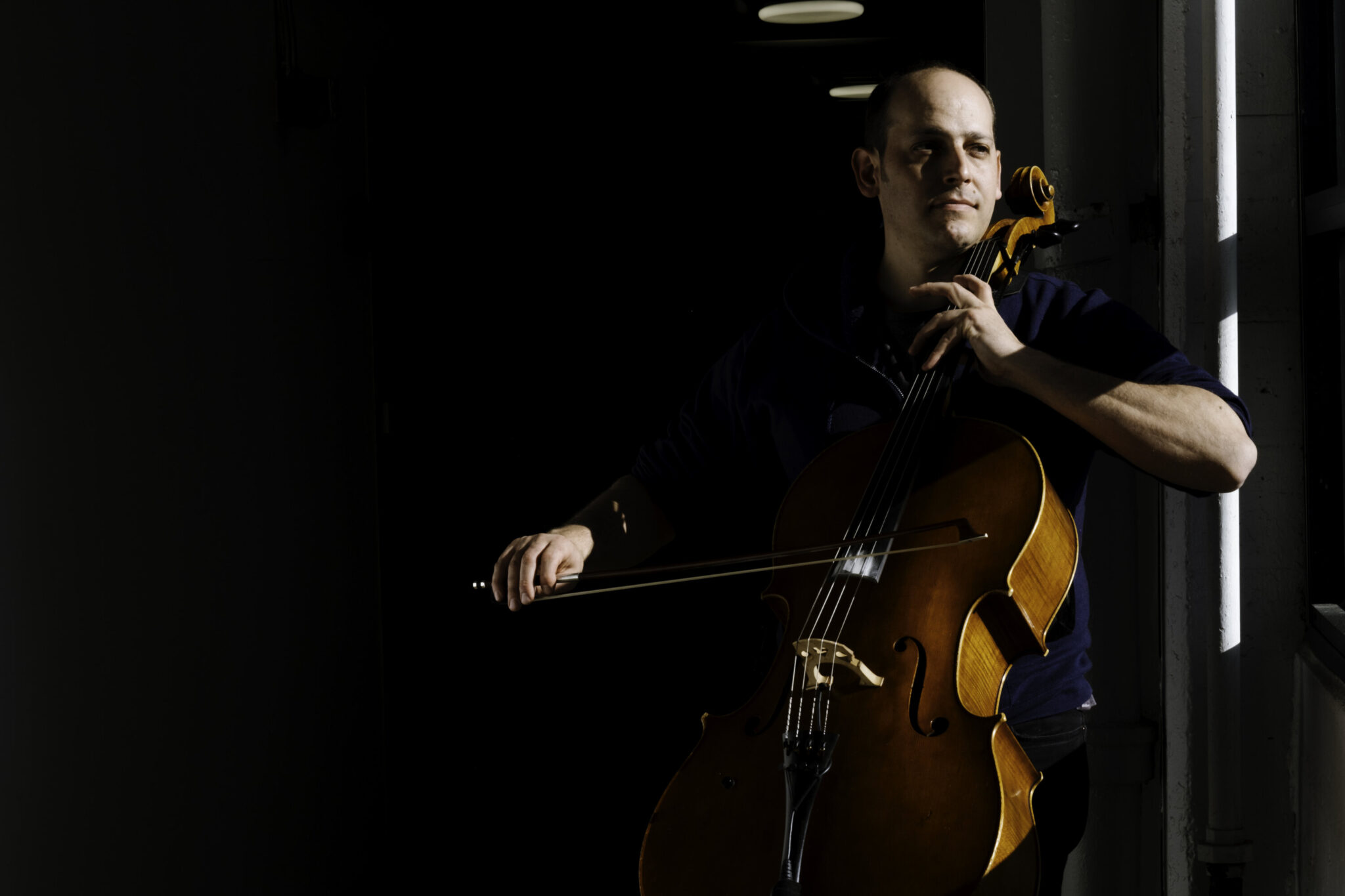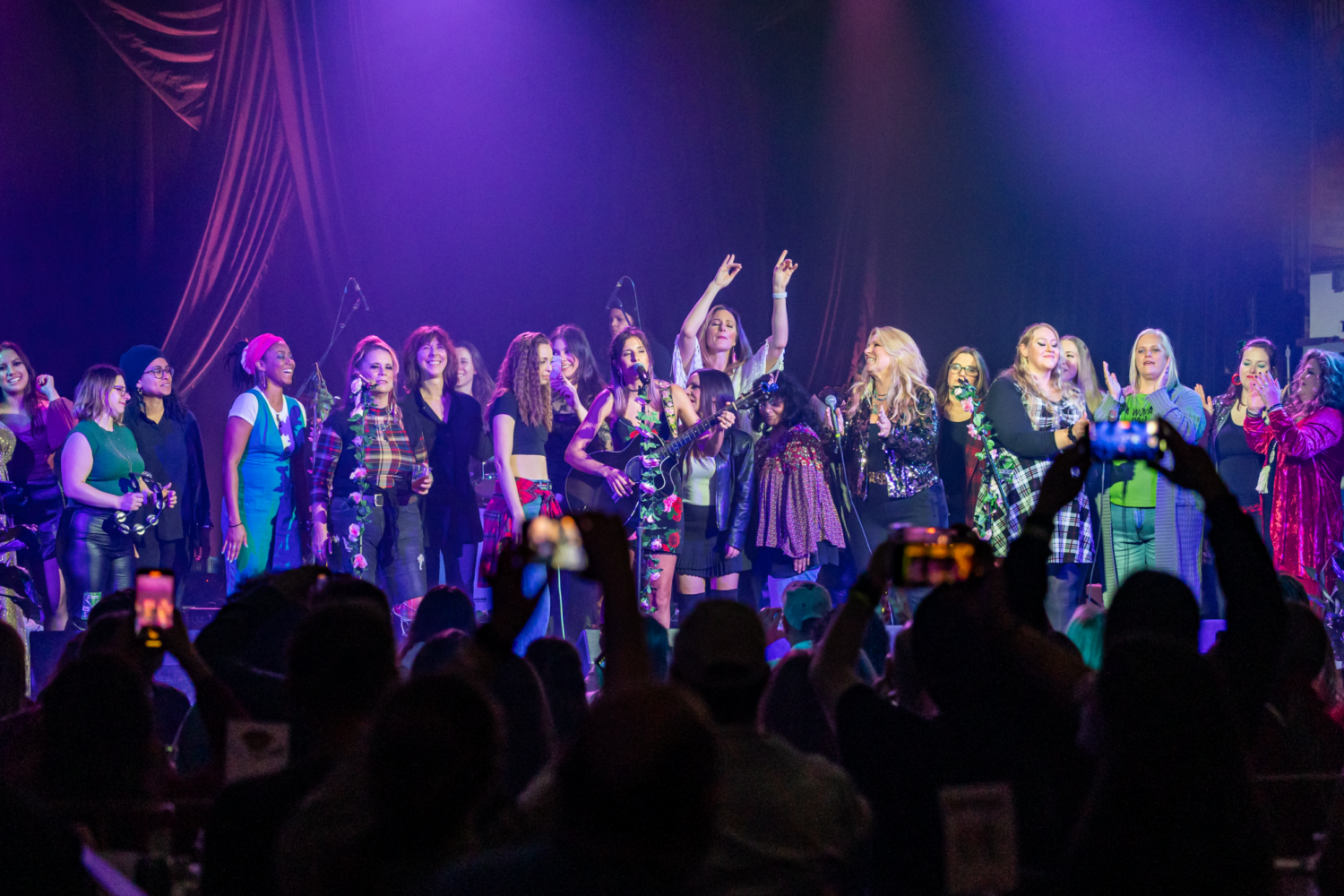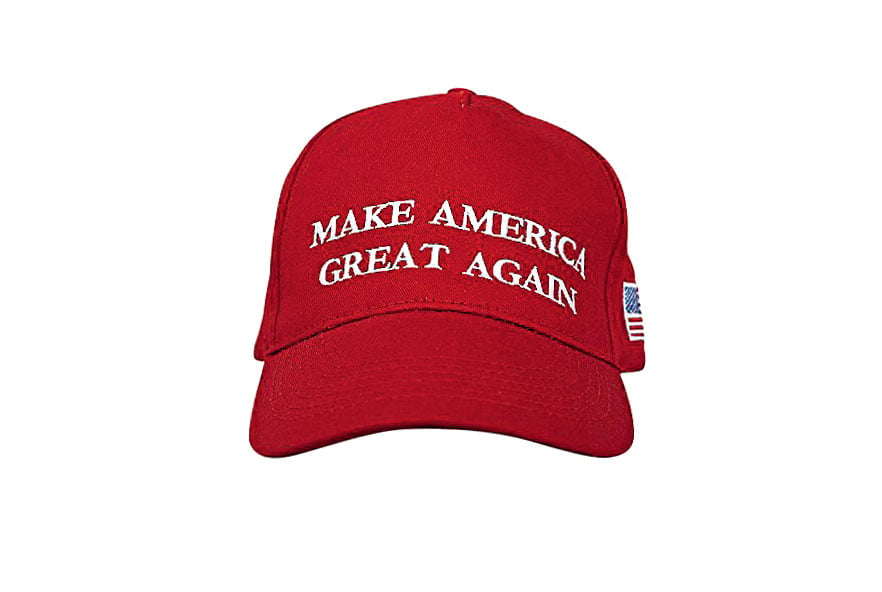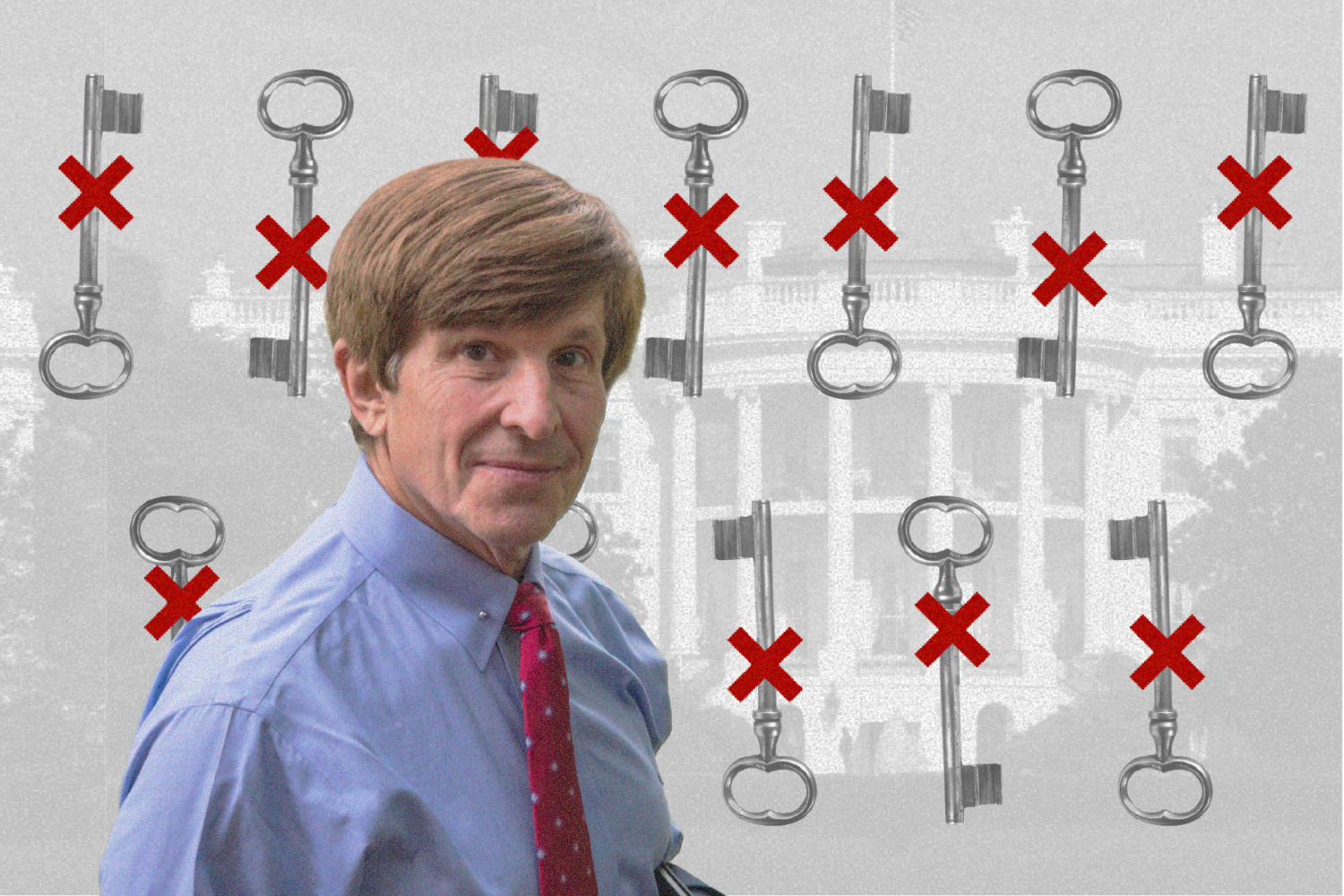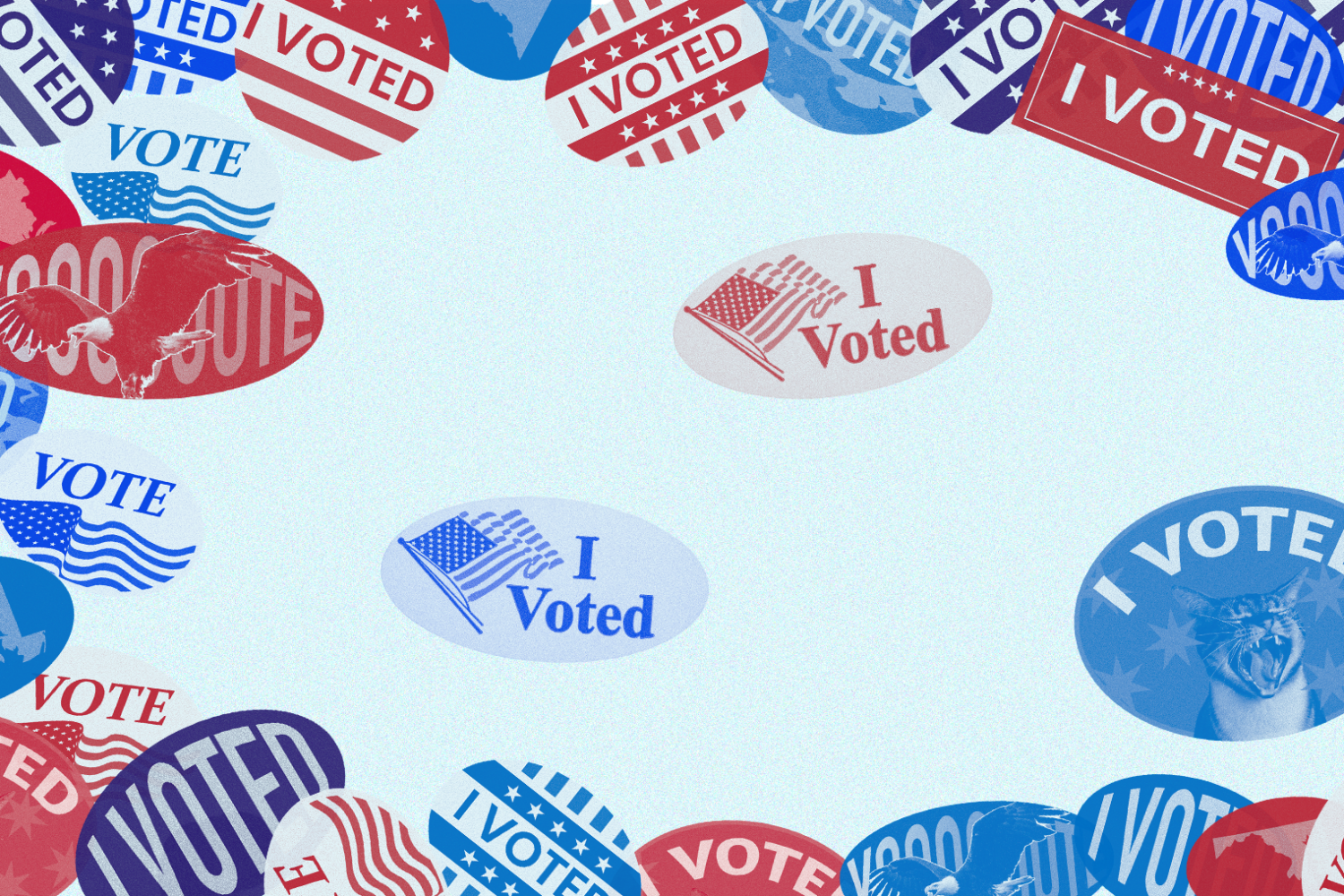The scene outside of polling stations on Election Day typically features volunteers engaged in a final campaign effort for their candidate. But this year, you could be treated to a live concert organized by Play for the Vote, a non-profit that places local musician outside of polling centers to improve the voting experience.
Boston-based musician Mike Block started the organization, and the idea came to him the morning after the final presidential debate in 2020. Stressed by the divisive rhetoric, pandemic, and election, Block picked up his cello and began to play.
“I observed for myself that playing cello was helping me,” he says. “I was feeling better about life. Then, I thought to myself, ‘What if I went to my local precinct and played for people as they voted? Maybe if it makes me feel better, it’ll make them feel better, too.’”
In just a few weeks, Block and his team managed to get over 1,500 musicians to perform outside of polling stations in 48 states. This year, Play the Vote is nearing their goal of recruiting 5,000 musicians, says Block.
Among the artists at polling stations in DC, Maryland, and Virginia is Carolyn Surrick, who has spent decades playing the Viola da Gamba. She will be performing outside of her local voting center in Annapolis on November 5.
“Music can change the environment it’s in,” says Surrick. “Whether I’m practicing at Walter Reed or Fort Belvoir or anywhere else, the music is going to be the music. So if we can bring it into an environment where it’s useful, it’s a win-win.”
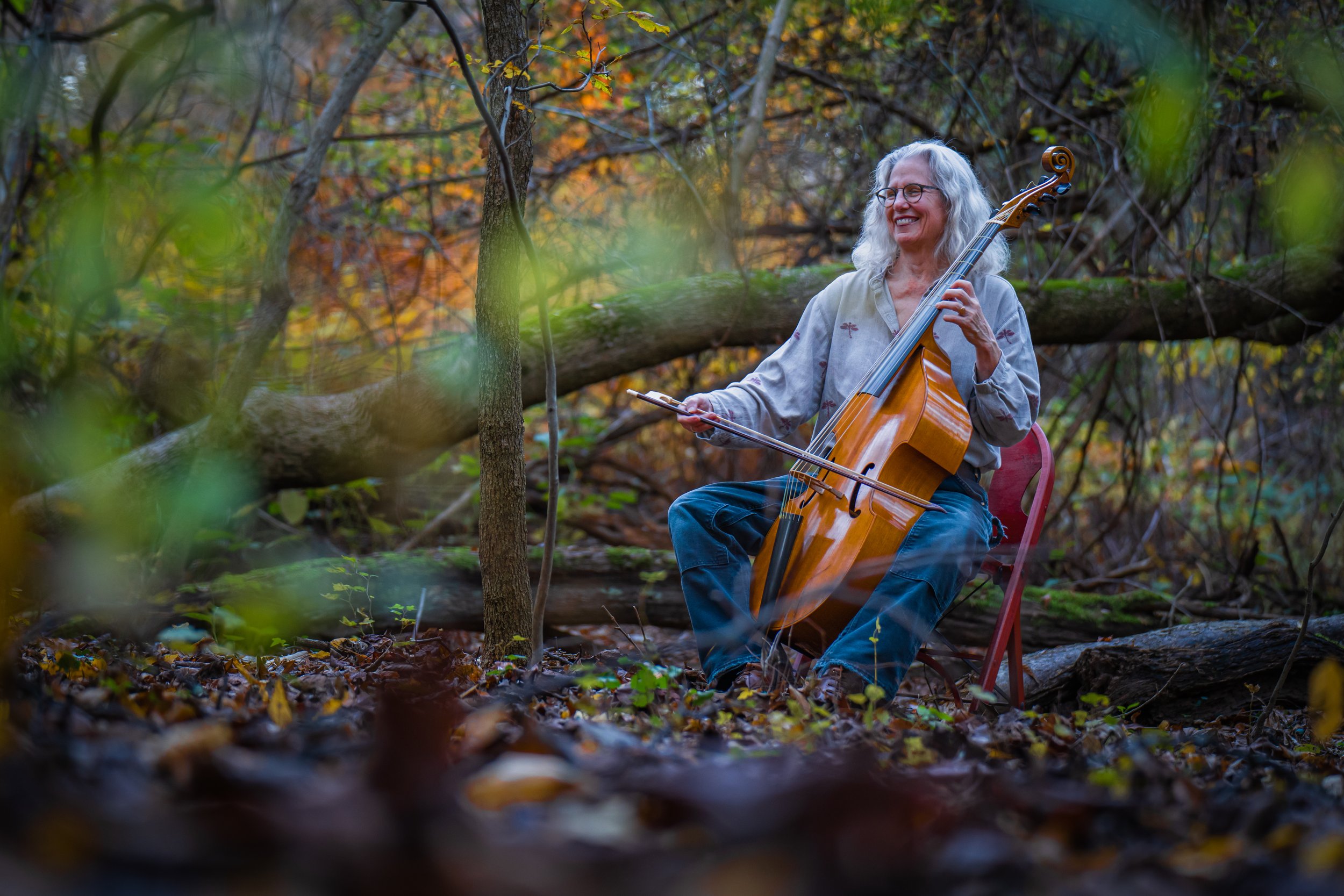
While bringing people to the polls is the goal, Block found that the music also helps the voting center volunteers.
“For the poll workers, this is a performance for them as much as for the voters themselves,” Block says. “To feel like we’re creating relationships and brightening the day of those volunteers is really a big part of the experience, too.”
Both Block and Surrick hope that through live music, neighbors can come together outside these spaces and set their differences aside for a moment.
“Whether you’re walking into a hospital or a polling place,” says Surrick. “Any sort of place where anxiety or stress can be an overarching feeling, when you put music into the middle of it, it just mysteriously works to undo all that. It’s a beautiful thing.”

